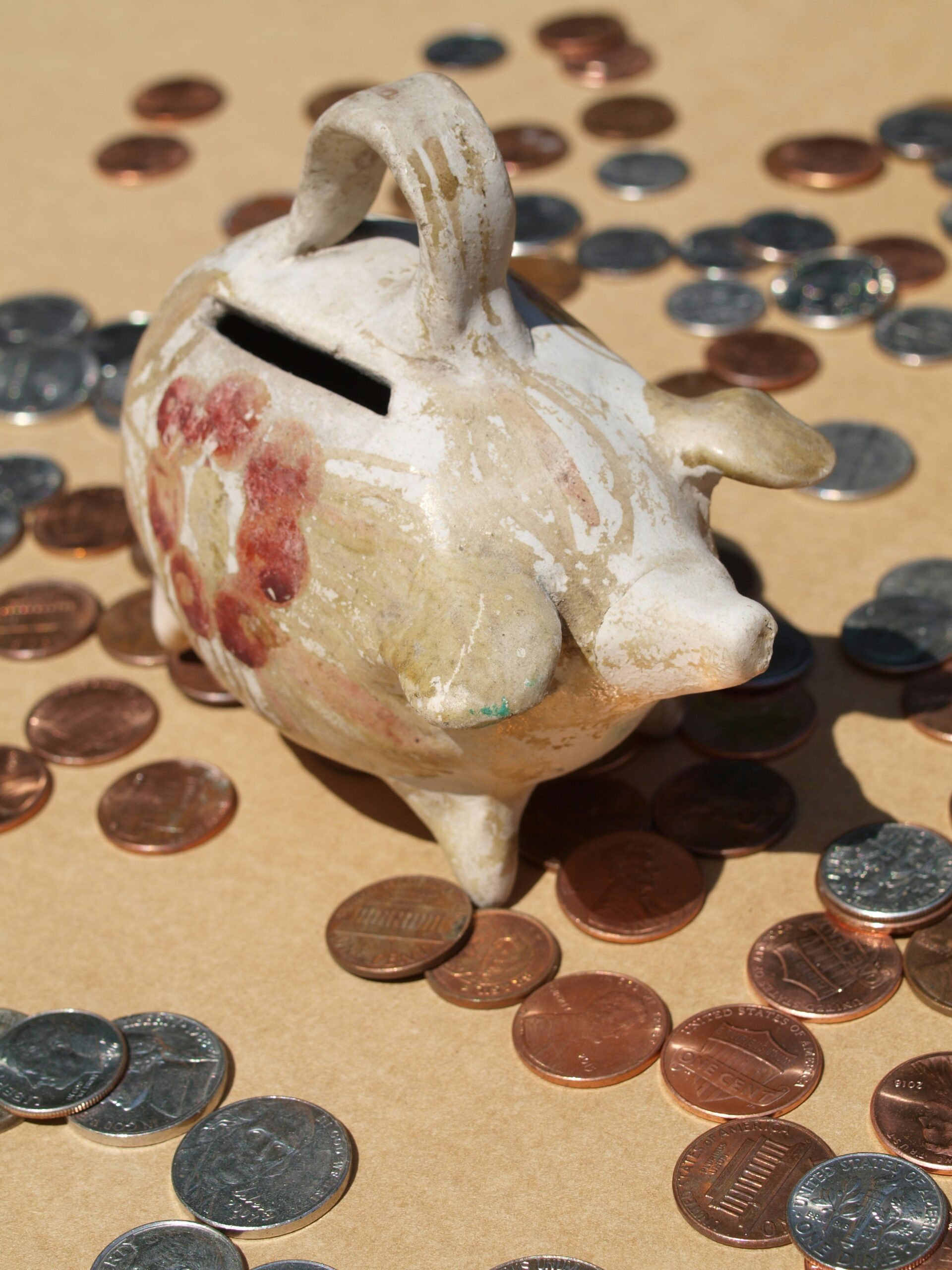Personal finance is the way to financial freedom. And having the right set of money habits are the key to enjoy the sweet spot between financial security and financial freedom. However, money habits are culmination of literacy, attitude and discipline towards money related decisions.
- Paying Yourself Last
‘Paying yourself first’ is the way to prioritize your future’s financial needs. This delineates to that if you earn a regular recurring income, then the first part of that income should go for your personal finance goals and then to your regular spending budgets. It is important to prioritize your goals, otherwise it makes them vulnerable to scarcity of funds. When you aim to pay yourself first, you pay through automatic deduction through bank balance after your salary gets credited.

when you earn money on a regular basis (mostly monthly), if you first spend on your needs and luxuries, you will never have enough investments. The rich stick to the principle of ‘Pay yourself first’ – first pay and allocate the money for all your goals, and thus you will have savings. Robert Kiyosaki, in his famous book “Rich Dad, Poor Dad”, places importance on this principle of ‘pay yourself first’ as an effective way to get rich.
- Getting Comfortable With Debt
This is one of those money habits that keep you walking on the blade of leverage. You are just one step away from the personal finance crisis. Debt offers an advantage of leverage that enables you to buy stuff or hold assets that you otherwise cannot afford.
For understanding the grave consequences of debt, you should understand that your purchases are either of consumption assets or of investment assets. If you are purchasing investment assets, then such assets would generate cashflows in future which could help you sustain debt without any extra burden However, in case you wish to purchase a consumption asset, then you must purchase that asset through cash. Consumption assets are like going out for a luxury vacation, spending money on expensive dinning experiences, spas, resorts, owning expensive cars etc.
Unless I can’t afford the consumption assets with cash, I should avoid them. Discipling the purchase through debt requires understanding of assets and practice.
Use of credit cards fuels this habit and can help you to land on pile of debt. Credit card companies want you to sponsor your life style with debt. For instance you buy a luxury holiday through debt, or purchase an expensive phone/camera on EMI. Chosing this way you end up working for the credit card company rather than yourself.
Getting comfortable with your debt makes you worry less about it, and thus, can make you strike it off your priority list.
- Not Knowing Your Income And Expenses Properly
Not having enough understanding of your cash-inflows and expenses is not a mistake but a blunder which can turn your ignorance into financial nightmare. But the good thing is that your little attention towards your cashflows can help you to understand all the information you might need to make rational financial decisions for life.
So, you must keep track of your cashflows, and understand the money side of your persona very well. You should keep tracker of your incomes, spendings, assets and liabilities.
- Having Expensive Shopping Habits
This is one of the bad money habit that is tricky to control. Expensive shopping habits are closely tied up with your lifestyle, personal attitude, self image, social status, peer group influence, social media influences. Such habits are, thus, net result and reflection of your personality and lifestyle. Buying out branded stuff, regularly dinning out, using expensive mode of transport, replacing stuff (clothes etc) as per fast fashion, are few examples of lifestyle habits that can land heavy on your pocket.
One of the expensive habit is planning on the last minute. Suppose you want to go on a holiday. Inspite of planning ahead and availing best possible deals, you delay the planning part and end up paying every bill on the last moment. This makes you go hard on your budget and hit less on the discounts, coupons, paying top dollars on travel tickets and other complementary benefits that you might have taken otherwise.
- Poor Asset Allocation
Asset allocation is the key to park your funds at the right place. Parking your funds in right assets allows you to generate cashflow at different times and pay your bills.
For instance, keeping large amount of money in bank and losing on the opportunities to earn better returns. Poor asset allocation also includes delaying the investment in right set of assets, failing to rebalance the portfolio as per the market conditions etc.
- Not Having Emergency Fund
Emergency fund is the fund that keeps you afloat during the dark times. It helps you to pay your bills without depending on debt. And sail safely through the water under the bridge
- Not Educating Yourself With Basic Personal Finance
One of the most common personal finance mistake is ignoring the understanding of the basics. For instance, ignoring the difference between simple interest and compounding, renting versus buying, buying a house or car, postponement of consumption, difference between consumption assets and investment assets, basics of taxation etc.